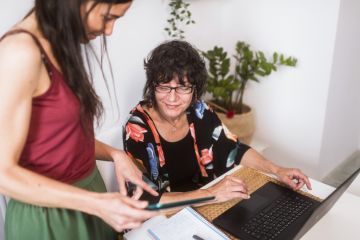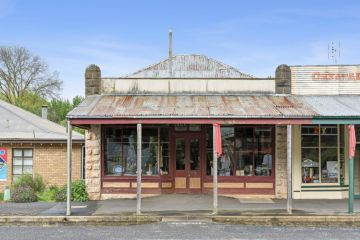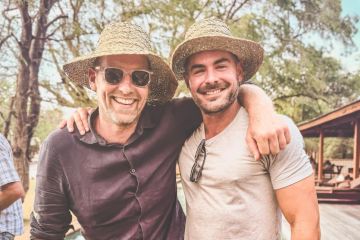Helen McCabe's digital network Future Women connects the personal and professional
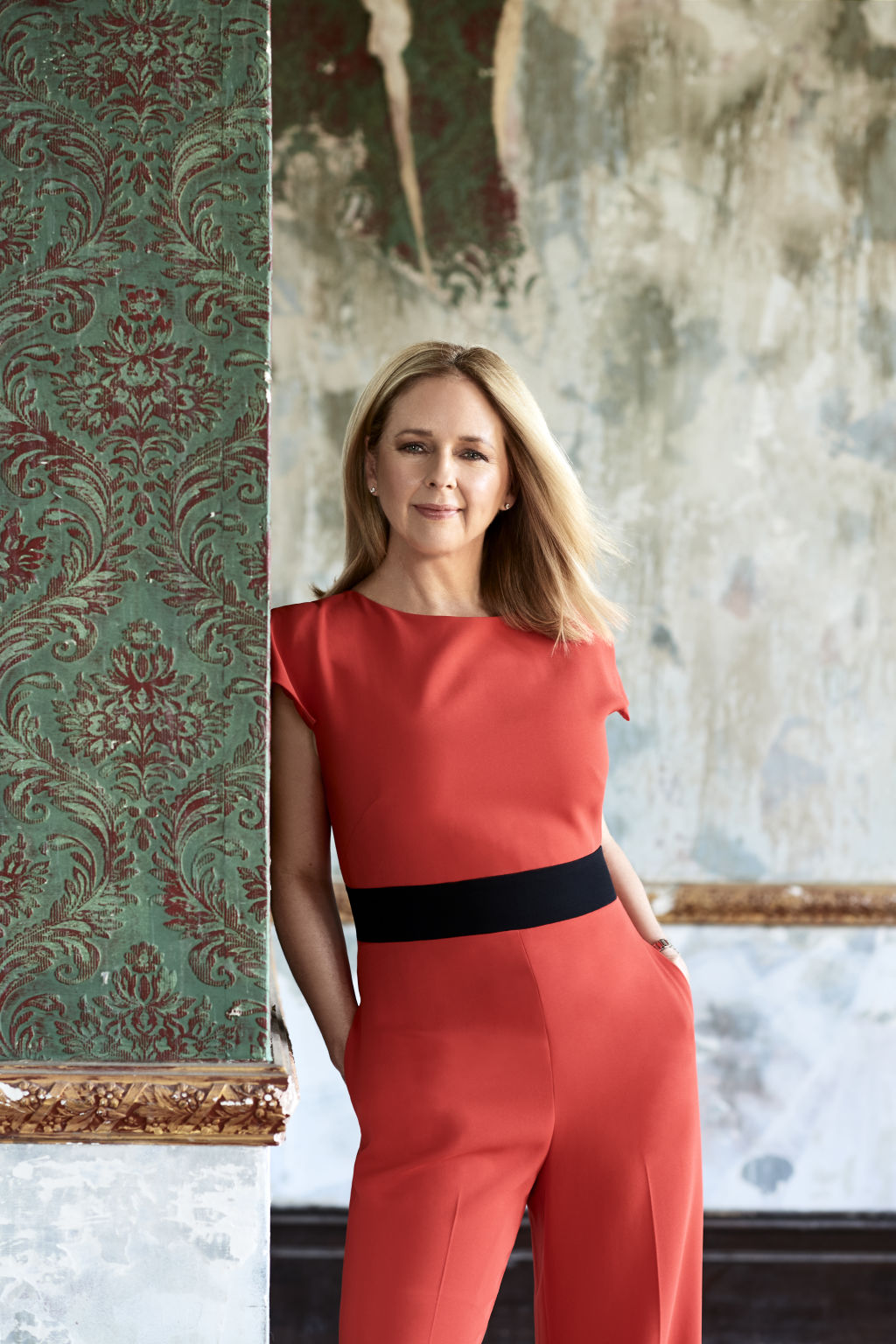
In October 2018 in a Sydney hotel function room, 300 people gathered to hear former Liberal deputy leader Julie Bishop talk about leadership, feminism and women in the workplace.
Watching over proceedings was Helen McCabe, a former editor-in-chief of the Australian Women’s Weekly and digital content director at Nine.
A few months earlier McCabe had launched Future Women, a bold new subscription platform which offers events, workshops, video sessions, mentoring, and a news website for women who want to grow professionally, and who are keen to connect with one another. This event was the first high-profile test of the fledgling company’s business plan.
As founder and chief executive, McCabe was nervous. What if the event was a flop? What if they couldn’t fill the room?
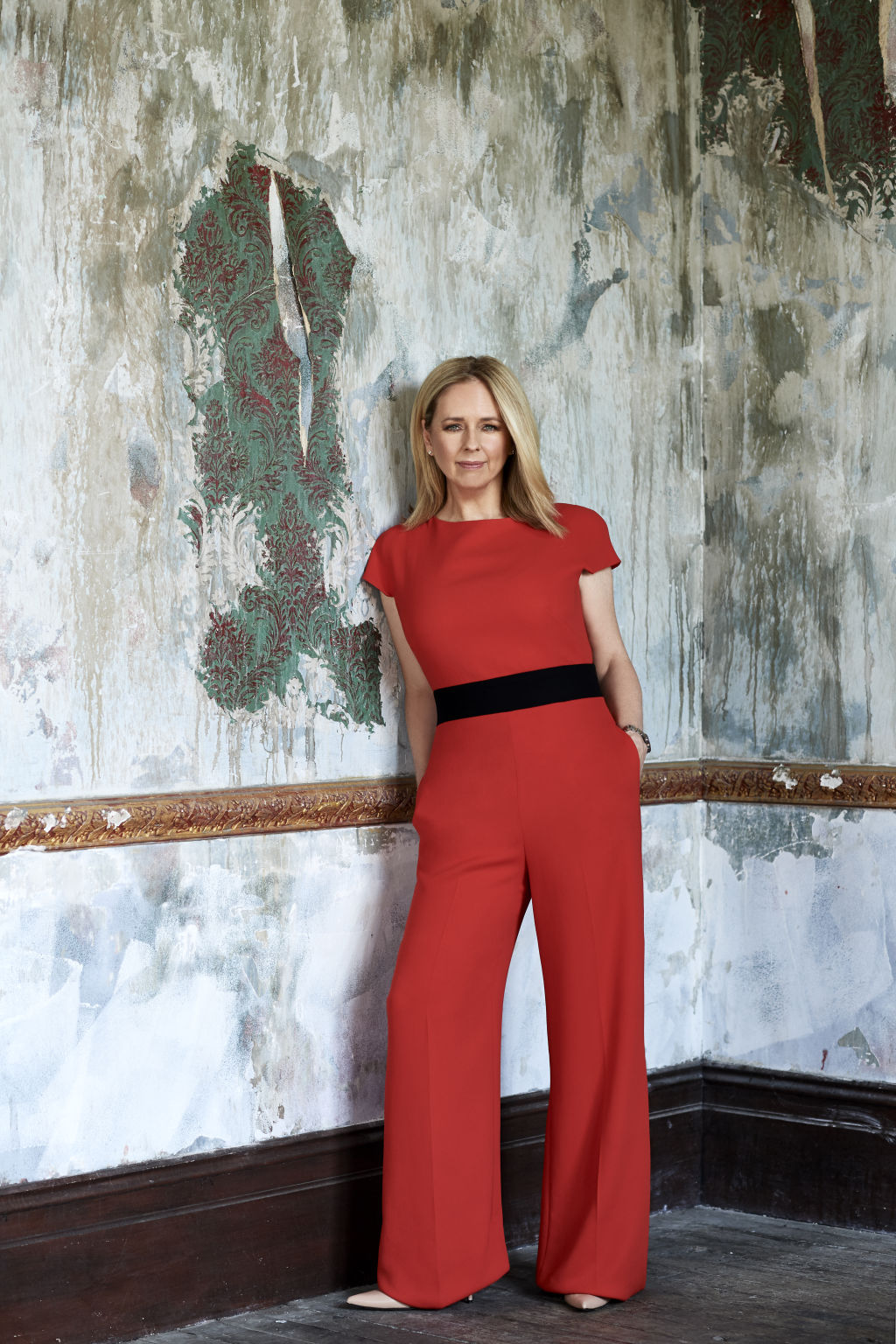
What if Bishop – a former federal minister bruised by the leadership spill that had rocked Canberra only a few weeks earlier – declined to discuss sensitive topics and left the audience unsatisfied and disappointed?
Hell hath no fury like a woman scorned and Bishop felt comfortable enough among the Future Women cohort to open up. The result, McCabe says, was a night to remember. And it was the moment she knew Future Women was a viable business.
Why does she think Bishop’s talk resonated? “Partly because the leadership spill had happened in those weeks before,” she says, “and partly because Julie Bishop was our most senior female political leader – a person people admired because of her rare combination of substance and style.’’
McCabe adds: “But it resonated enormously because of her experience at the hands of her colleagues. I think the audience related to the lack of respect for her role and her service to the party and the country.”
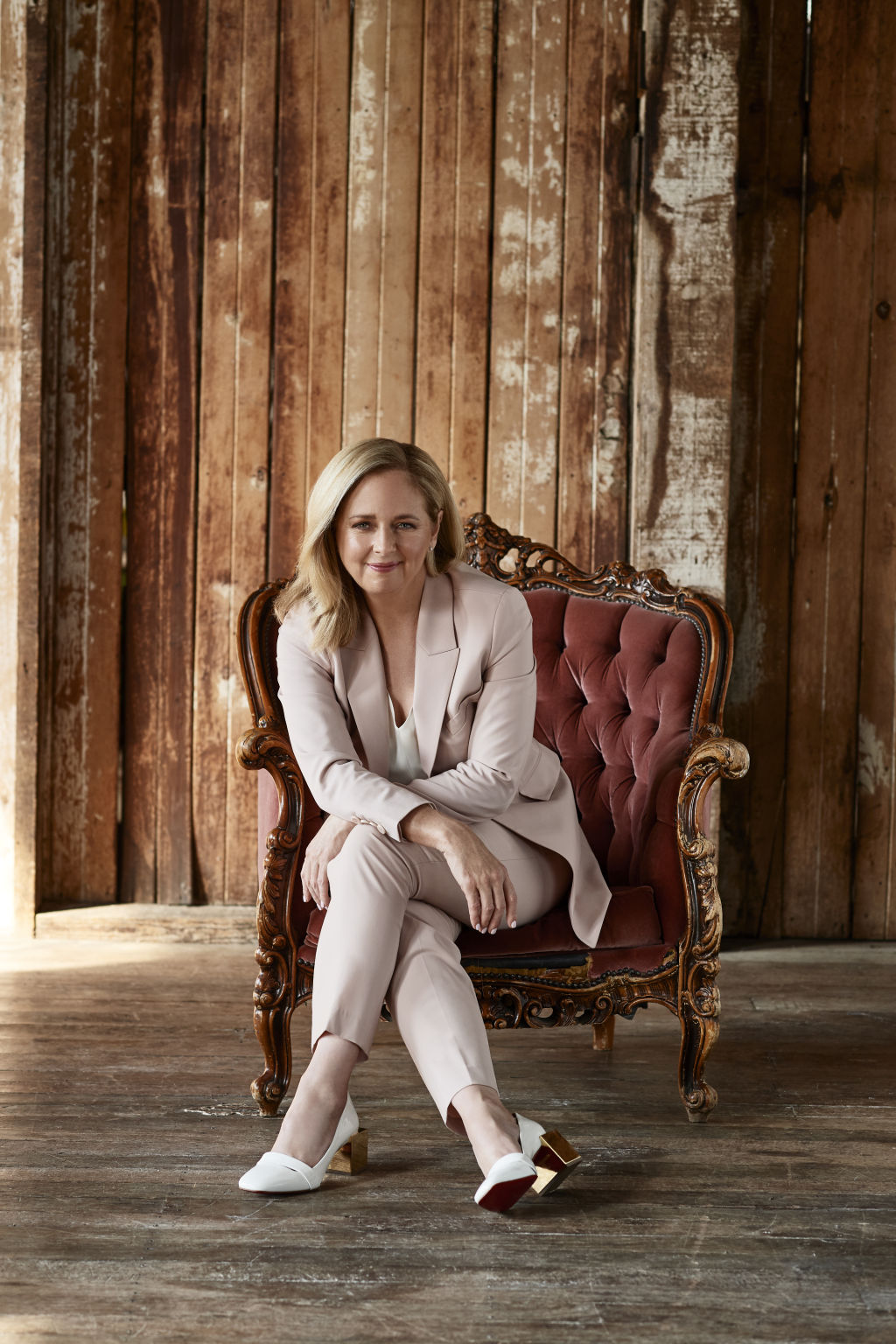
The event with Bishop was a key moment for the new media company. Not just a website for women, it had proven itself as a clever events organiser, also.
As its website explains, Future Women is “a new home for women to come together online and in person. Our mission is the advancement of women through meaningful events and connections.’’
McCabe, a former journalist who spent many years covering politics and business for News Corp and The Australian, suspected Bishop’s speech would make headlines. It did. It also confirmed McCabe’s belief there is a hunger in the marketplace for a platform that focuses on women and the news and issues that affected their lives.
Wealth, wellness, leadership and luxury – McCabe says these are the pillars around which she built her business model. The concept, she says, started growing shoots in 2016 then gained urgency after the Women’s Marches in the US and the increasing urgency of #metoo.
McCabe just left the Women’s Weekly to become head of lifestyle at Nine, and knew the time was right to start something new for women.
“Part of my thinking was out of frustration about the digital platform that was the Women’s Weekly at the time, and thinking so much more that could be done,” McCabe says.
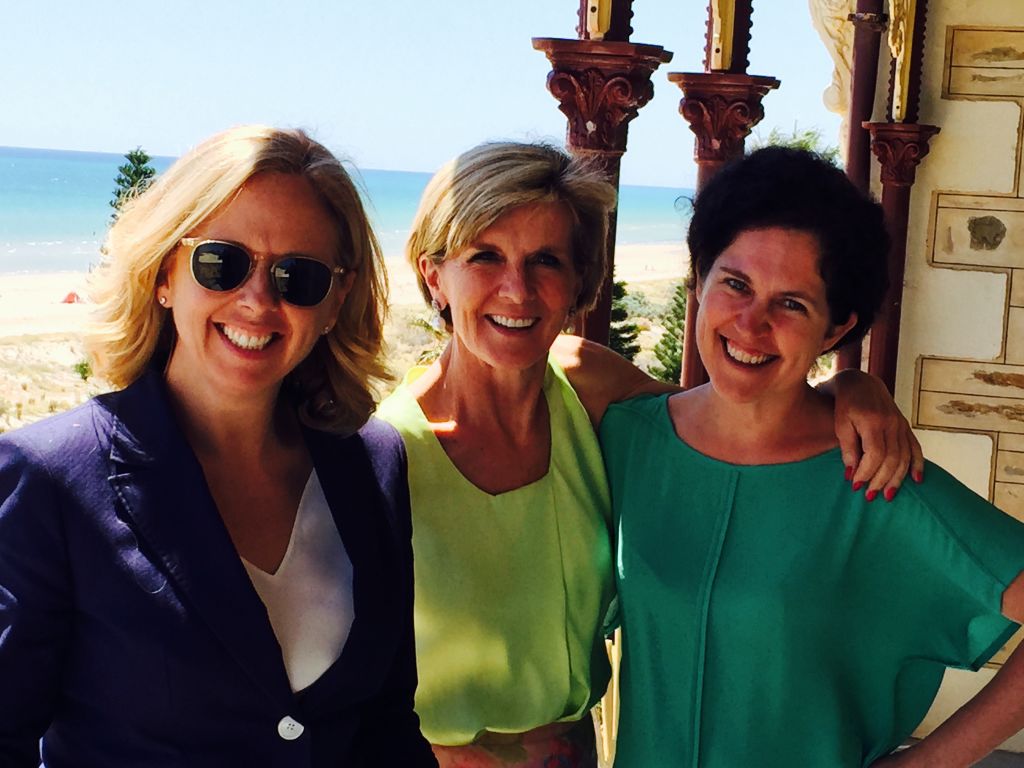
“But I also had total respect for that brand and the role it has in this country, and the breadth and depth of its influence. Australia has an extraordinary love for the Weekly.”
McCabe found inspiration in the past. “I wanted to do something that was very much a rethinking of the same principles and ideals the Packer Family had when they first launched the Women’s Weekly as a weekly print magazine 80 years ago,” she says.
“If you were starting again with that kind of brand in this current environment, what would it look like? Future Women is it.”
The goal, she says, “was to create a multi-platformed entity which appealed to women of all ages and backgrounds, and not just the younger tech-savvier bracket”.
“There is a divide between the generations in how they consume content. We identified it quite quickly. My generation is still reading the odd magazine, newspaper and website. But the Millennials and Gen Zs absorb information by osmosis. There are so many different channels they switch between. If you ask them how they know something they often can’t answer you. But importantly they are informed, and on a wide range of topics.”
Giving women an opportunity to meet one another was also vital to Future Women’s growth. There are too few opportunities these days, she says, for women to netwo
rk, make friends, and share experiences.
“In a previous decade you would have had the tuckshop, the tennis club, mothers’ groups, political parties, church groups, card clubs, the cup-of-tea-over-the-back-fence cliche – those were the ways women met.
“There are plenty of examples – in literature, too – that female friendships are the ones that pull you through life.”
McCabe refers to journalist Annabel Crabb’s recent Quarterly Essay in which she examines how most women are still carrying the lion’s share of domestic duties.
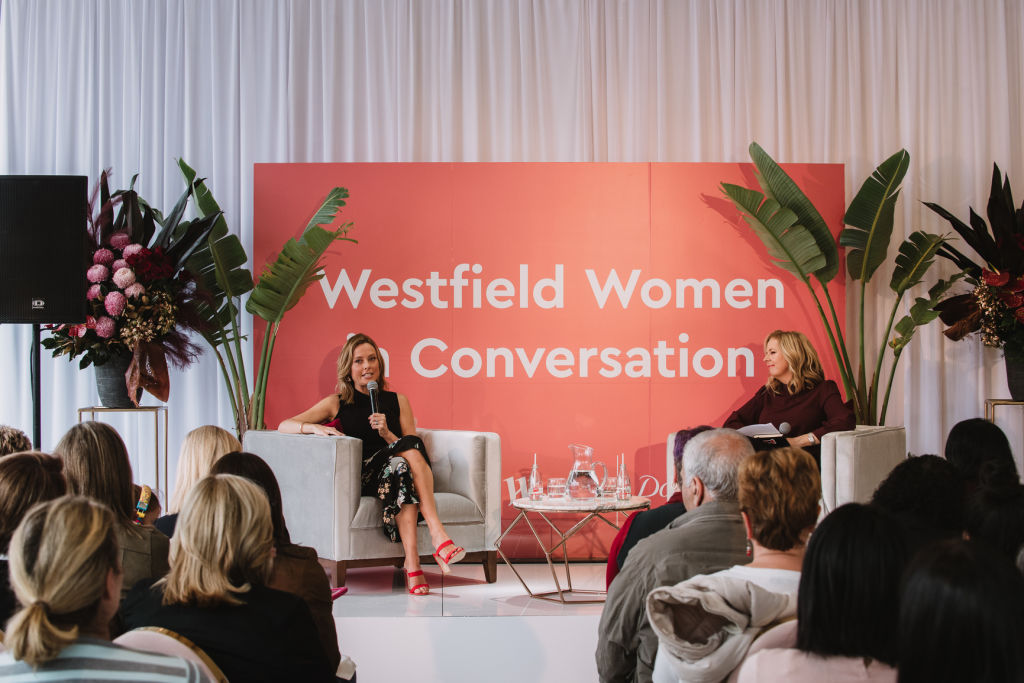
“Structurally, the lives of men haven’t shifted at all,” McCabe says. “Women still do 15 hours of housework, regardless of what happens in their lives, whether they work or don’t work, or have a new baby in the house … they are stretched to the limit in terms of time to talk with other women about that crazy range of wild issues we like to confide in each other and get advice on.”
The daughter of a South Australian sheep farmer, McCabe, 51, was drawn to journalism at an early age.
“I wanted to read newspapers from as early as I could. I remember feeling isolated on a farm and I was always looking to what was going on in the world.”
After boarding school in Adelaide then a journalism degree, McCabe moved into TV news, before working as a London correspondent, and then various executive roles at The Australian and the Sunday Telegraph. In 2009 she was offered and accepted what many would consider the best magazine job in Australia: editor-in-chief of the country’s most-read magazine.
Fast forward to her current role at Nine and the challenge of building a Future Women constituency which is loyal to the brand and accesses its content daily.
Old media paradigms are no longer relevant. For example, when I ask McCabe what is FW’s core demographic, she says she prefers not to talk about age “as I don’t find it particularly useful. Our motto is ‘attitude not age’. And by this we mean a 45 to 85-year-old woman can be as moved and excited by a great podcast series as a 25-year-old.
“The common denominator is curiosity and a desire to switch off and let someone or something entertain or inform you.”
McCabe’s goal is to host events where the 25-year-olds and 55-year-olds are comfortably sharing information and networks. They have a lot to gain, she says, “by being a part of the same club”.
“It’s not a new thing, but I see younger women really inspired by Julie Bishop, Michelle Obama, Ruth Bader Ginsburg, Helen Mirren or Michelle Simmons. And at out Future Women Social Clubs, I see it all the time.
“There are older women engaging with both their younger peers, learning about a new book, podcast, brand. It’s fantastic to see generations of women cross over and support each other.’’
Sign up for the best of Domain Review in your inbox each week
We recommend
We thought you might like
States
Capital Cities
Capital Cities - Rentals
Popular Areas
Allhomes
More

